Column

South Korean merchants step on boxes bearing logos of Japanese products during a rally to declare a boycott of Japanese goods in Seoul. Photo Reuters
We are entering a new era of trade war where punishing a country for acts not liked by a supposedly superior one is becoming a normal practice. The example was set earlier by the United States as Washington declared a set of much stricter sanctions against Iran after unilaterally withdrawing from a treaty that Tehran signed two years ago with six powerful nations, including the US. The Trump administration since then has been accusing Iran of violating the terms of the treaty, though without showing any convincing evidence. But we know for sure that from time immemorial the most common practice followed by a powerful nation against a weaker one is to accuse it of wrongdoing for any act of its disliking and thus paving the way for justifying a planned invasion. History not only gives enough evidences of this, but also shows that in each individual case the powerful could successfully uphold its position, despite being on the wrong side. We've already witnessed something similar to that during our age of triumphal achievement in human rights. Iraq obviously is a vivid example of that.
This power game in global politics also has an intoxicating impact as others, relatively weaker in every term, can also resort to the same attitude against a presumed weaker partner. What has been happening between Japan and South Korea, or rather particularly in Japan in terms of country's relationship with South Korea, reminds us of this enigmatic understanding of international politics. We were reminded by Japanese officials later last week that Tokyo has decided to impose trade restrictions over the export of some chemicals to South Korea. The names of three chemicals sighted by officials are essential for making smart-phones and semiconductors.
The Japanese government initially hinted that the punitive action was a reaction to Seoul's uncompromising attitude concerning war-time labor. South Korea's highest court has recently ordered a number of Japanese companies to pay compensation to Koreans who claimed that they were forced to work in those companies or their affiliates during World War II when Korean Peninsula was under Japanese colonial rule. Japan declared such court verdicts illegal as Tokyo maintains the position that the question of compensation and reparation for war-time damages was settled permanently when Japan normalized diplomatic relationship with South Korea in 1965. However, Koreans are not convinced and the recent court verdicts indicate that the Korean position enjoys widespread support in the country.
Japan's surprising move sounds more puzzling as it was right after the G20 summit in Osaka that Tokyo made her intention known. At the summit Japanese leadership was seen busy trying to convince the United States of the virtues of a free trade for avoiding further escalation of Sino-US trade conflict. Meeting face to face at the sideline of Osaka Summit, leaders of China and United States agreed to take measures for easing the situation and the outcome was welcomed by others, including Japan.
As a result, Japan's abrupt u-turn on trade matters with neighboring South Korea has since been criticized by others, which placed Tokyo in a rather uneasy situation. And now, probably as an attempt to ease those criticisms, Japanese leadership is changing the earlier position by saying that trade restrictions against South Korea are part of a preventive measure to ensure that chemical components shifted from Japan do not end up being redirected to the North.
In a political debate hosted by a private channel television last Sunday, Japanese Prime Minister Shinzo Abe came under repeated criticism for Japan's abrupt decision to curb exports to South Korea. To defend his position that some other participants were not convinced enough, Abe shifted from his earlier standing by claiming that the decision was motivated by fears that South Korea could violate international sanctions against Pyongyang. He further said that as it had become clear through the court decisions on forced labor that South Korea "does not abide by international promises, so it is only reasonable to think that it will not abide by trade restrictions against North Korea." However, even in Japan some see such a claim simply as bizarre.
Meanwhile, expressing their anger over Japan's decision to impose export restrictions, South Koreans have already started boycotting Japanese products and canceling sight-seeing trips to Japan. During the weekend a Seoul supermarket posted a notice informing consumers that it will not sell any Japanese product. South Korean TV networks have shown footages of a demonstration in which participants were seen stomping boxes bearing logos of Japanese companies and brands. Similar protests are also spreading on the Internet.
South Korean President Moon Jae-in has described Japanese decision as a politically motivated measure and urged Tokyo to withdraw export restrictions. He also cautioned that Japan's failure to do so would leave no choice for South Korea other than taking specific countermeasures.
So, what next? Some analysts suggest that the Japanese move is more for Abe to lure voters at the upcoming Upper House election scheduled to be held in two weeks time. In Japan a public opinion poll conducted during the weekend had shown majority of the respondents approving the government's decision. However, any possible fallout in the form of retaliatory measures from South Korea might also harm Japanese economy at a time when the country is set to go ahead with a planned increase of consumption tax that observers fear might dampen consumers' confidence and thus slowing down the economy for the time being.
In any trade war there is no ultimate winner at our time of global expansion of economy. Moreover, as trade wars are primarily politically motivated acts, any such undesired outcome among countries that are otherwise allies in a hostile surrounding might only benefit the adversaries. This is what Japan needs to take into account. The country might have been haunted by a sense of isolation due to new developments surrounding North Korea and the government's abrupt action probably had to do more with that. Hence, an early understanding of all such realities probably can help concerned parties to come in terms for defusing the undesired tense atmosphere.
(Tokyo, July 9, 2019)






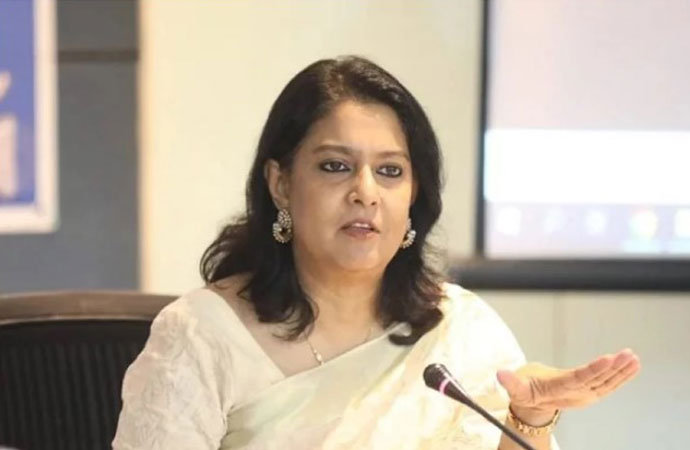


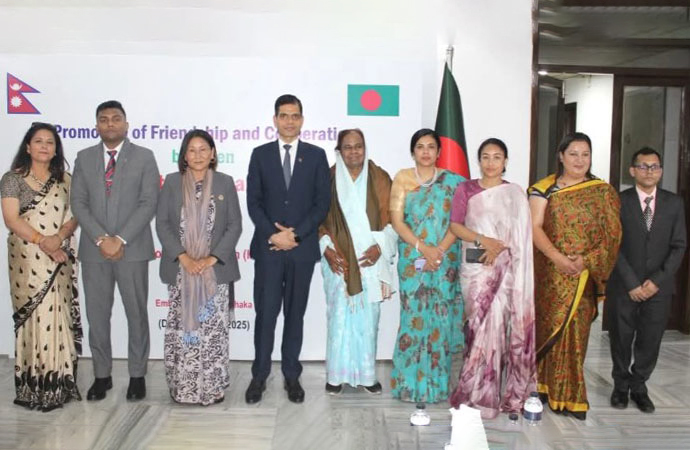









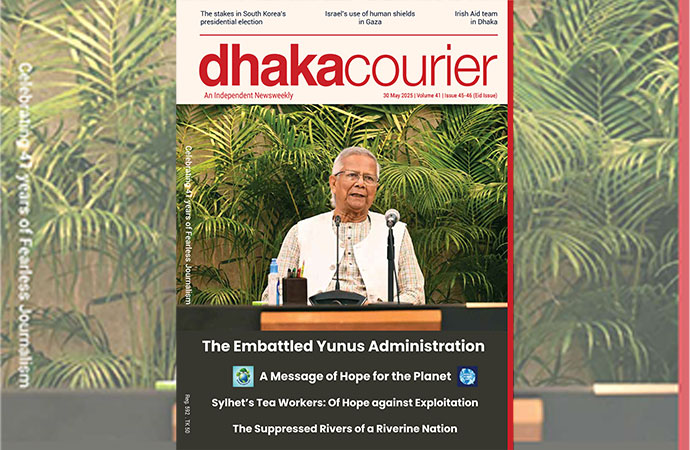
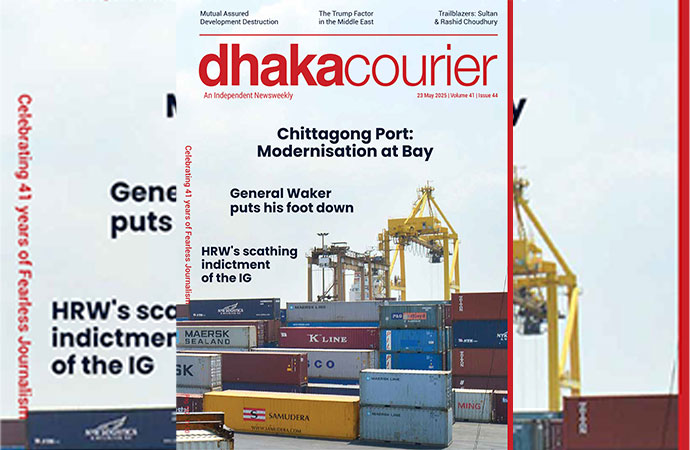
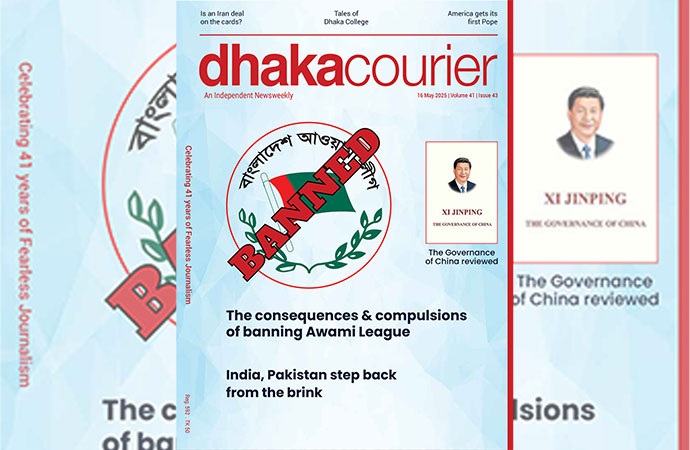
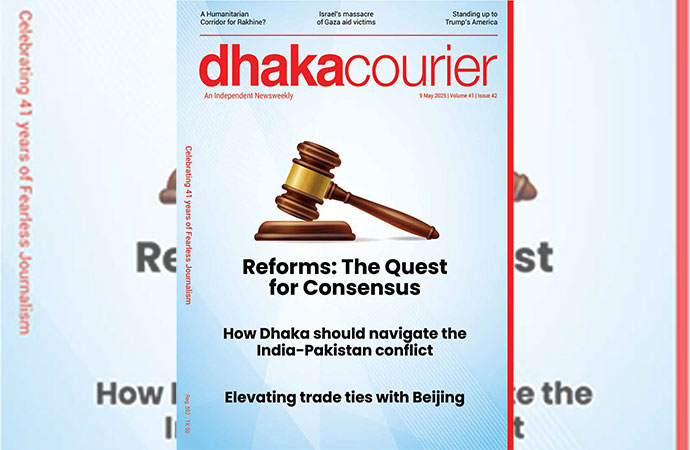


Leave a Comment
Recent Posts
Enayetullah Khan to represent ...
Enayetullah Khan, Editor-in-Chief of United News of Bangladesh (UNB), ...
The tragedy in Ahmedabad touch ...
Air crashes are inherently international incidents, and the emotions t ...
Asset recovery a key focus; breakthroughs from talks ..
'It'll inspire youths to build Bangladesh they dream ..
UK envoy Sarah Cooke happy with Yunus’ visit to Brit ..
Prof Yunus honoured with prestigious Harmony Award b ..